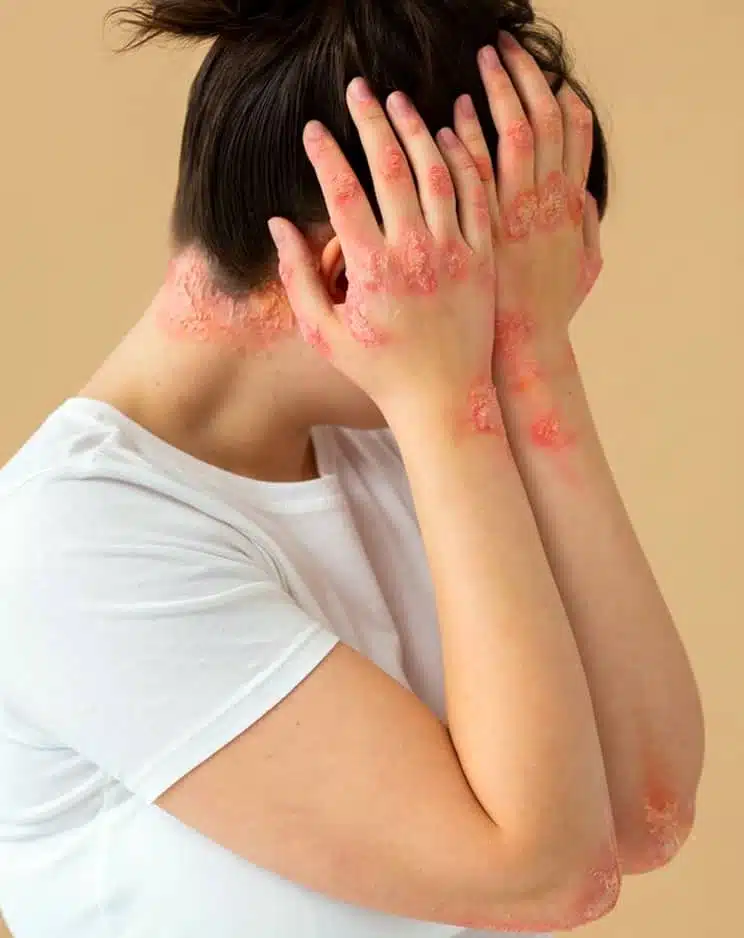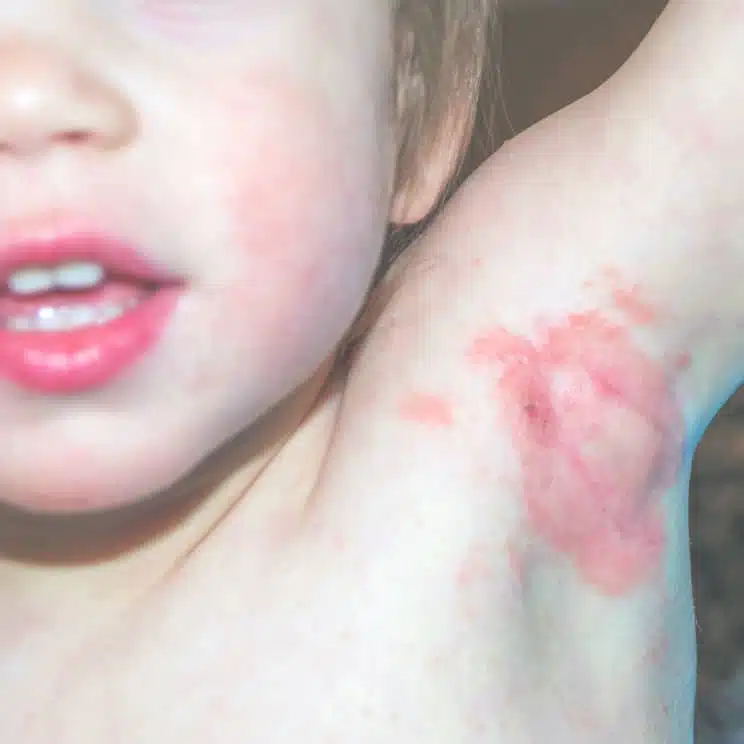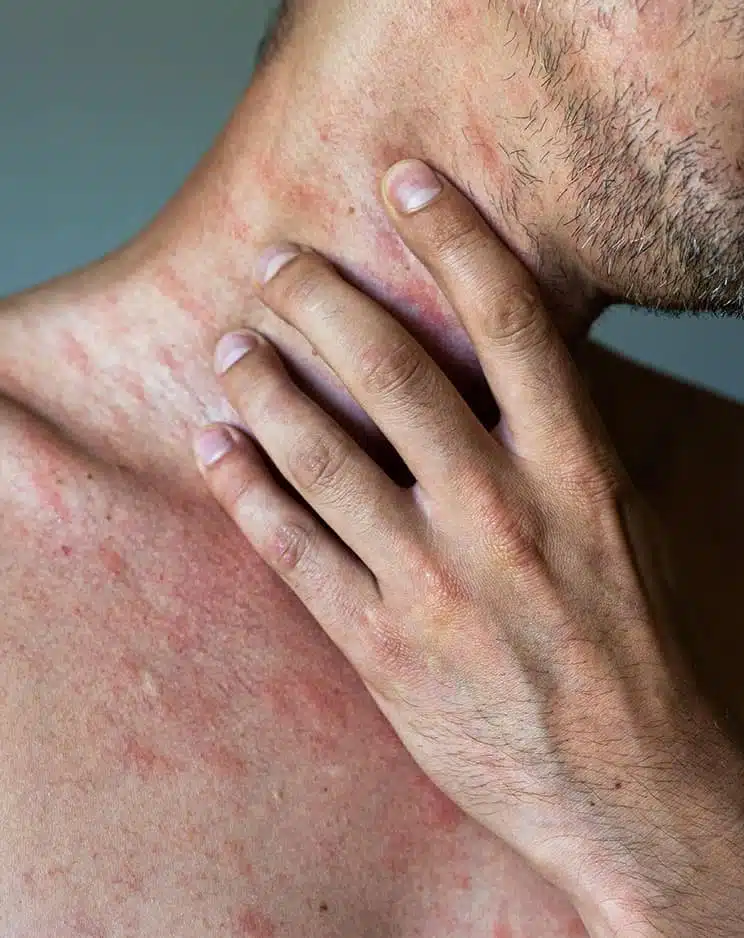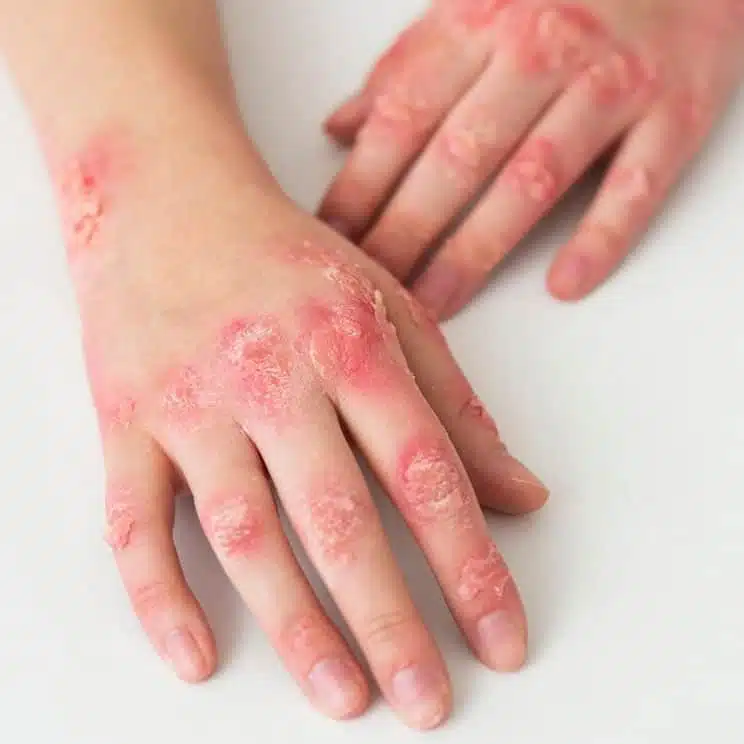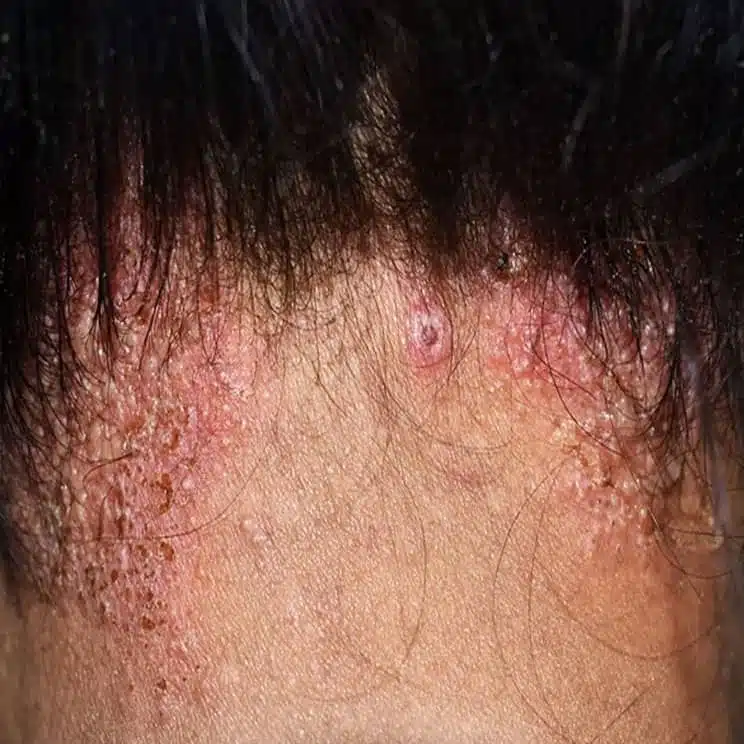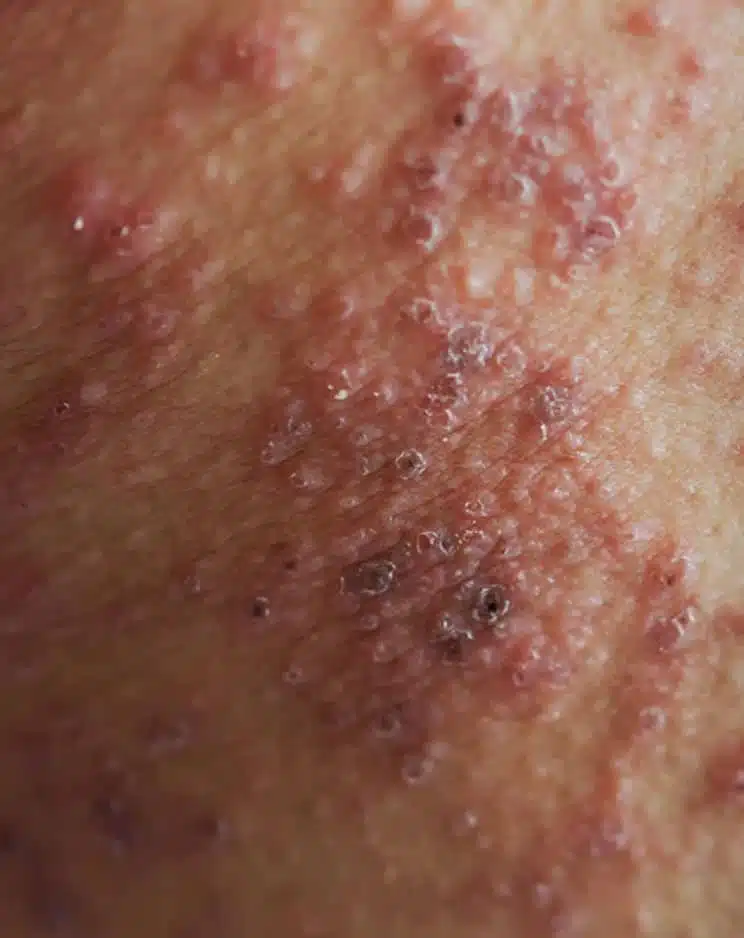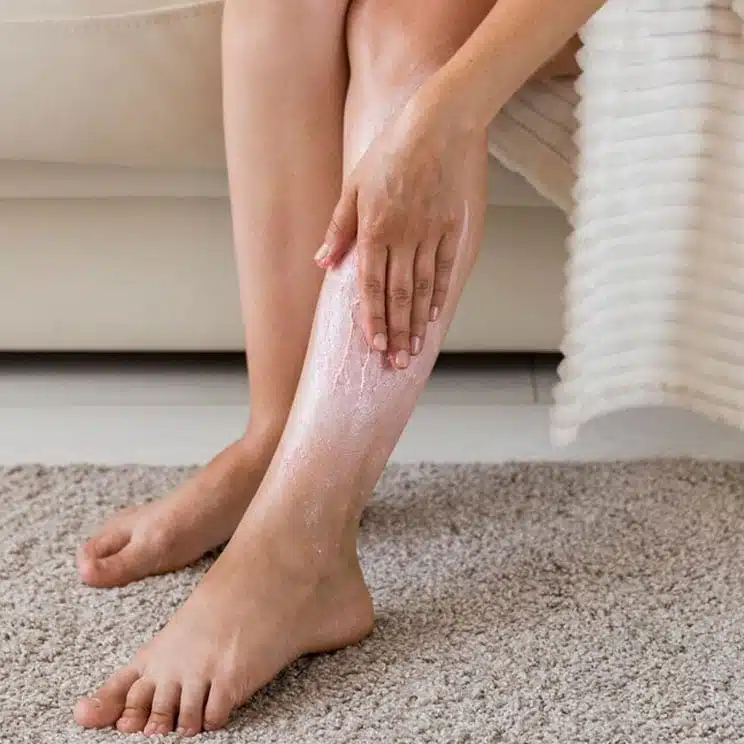- +91 91360 95925
- hello@auroskin.in
- 2nd Floor, Sapphire Plaza, Opp CNM School, Dadabhai Road, Vile Parle West, Mumbai
- About Us
- Services
- Skin
- Hair
- Nail
- Diagnostics
- Dermatosurgery
- Laser Treatments
- Aesthetics
- RF Skin Tightening Treatment
- Profilo Treatment
- Micropigmentation Treatment
- Dark Circle Removal Treatment
- Laser Vaginal Tightening Treatment
- Open Pores Treatment
- Botox Treatment
- Fillers Treatment
- Thread Lift Treatment
- Skin Patch | Allergy Testing Service
- Fillers Treatment
- Exosome Treatment
- Double Chin Reduction Treatment
- Patient Reviews
- Gallery
- Blogs
- Appointments
Got itching, red patches, or a stubborn rash that won’t go away? You might have a fungal infection. These are more common than you think, and if not treated properly, they can keep coming back or spread to others. At Auro Skin Clinic, we offer personalised and effective fungal infection treatment in Mumbai and help you get rid of the infection and have healthy skin with confidence.
What is a Fungal Infection?
Fungal infections happen when harmful fungi infect the skin, nails, or scalp. They thrive in warm, moist places and may spread quickly if not treated. They include athlete's foot, ringworm, jock itch and yeast infections. Some of the symptoms are redness, itchiness, burning, peeling skin, or a recurring rash.
Even if some individuals use home remedies, they do not last long. That is because the fungal infections are chronic in nature and, therefore, demand proper medical intervention to avoid reinfection. At Auro Skin Clinic, we provide fungal infection treatment in Vile Parle, Mumbai, to help treat the infection at its root and not just manage symptoms.
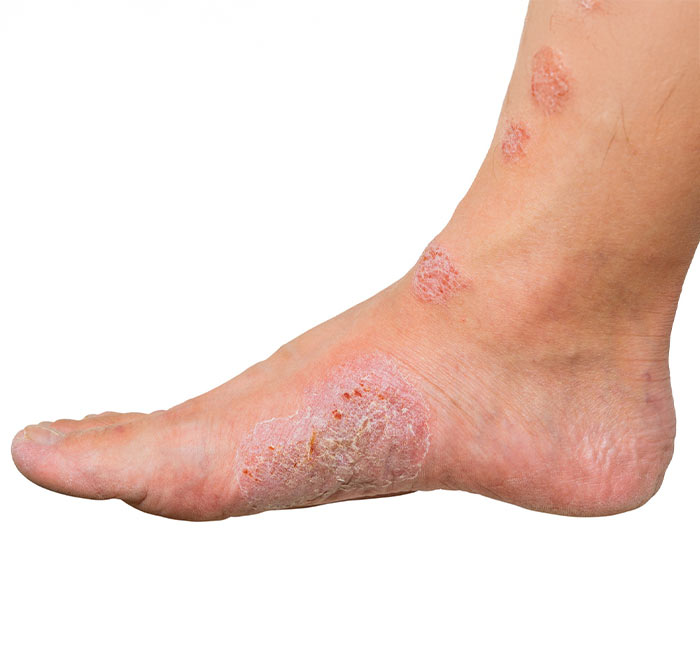
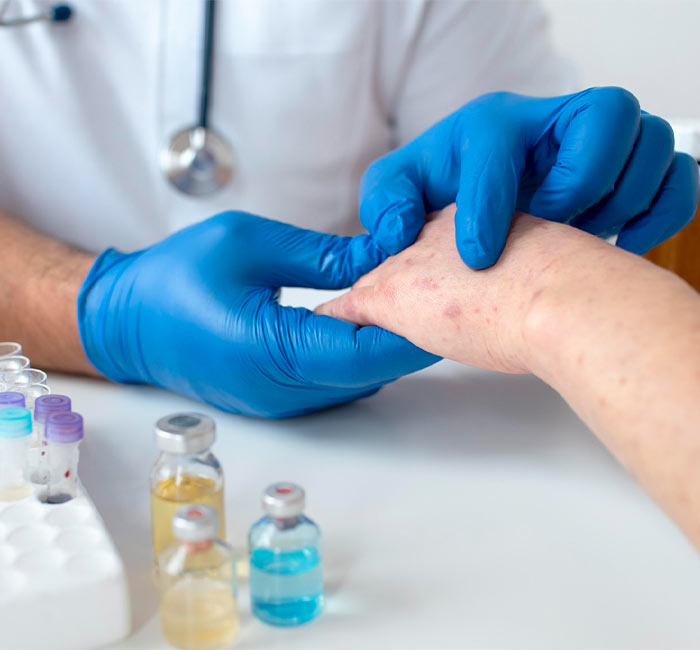
Fungal Infection Treatment Procedure
When you visit Auro Skin Clinic for fungal infection treatment in Vile Parle, we first conduct a thorough consultation. Our experienced dermatologists in Mumbai will check the infected area, inquire about your symptoms, and may perform a skin scraping or culture test to determine the kind of fungus that is infecting you. The fungal skin infection is contagious to others, and the fungal infection may spread to others in the family.
Once diagnosed, we will offer you a personalized treatment plan. This could involve:
- Topical Antifungal Creams or Ointments.
- Oral Antifungal Therapy (for severe or chronic infections).
- Antifungal Powders or Shampoos (for scalp or body creases).
- Laser for Nail Fungus
- Lifestyle and hygiene tips to avoid reinfection.
Benefits of Fungal Infection Treatment
Getting professional fungal infection treatment offers several advantages like:
- Rapid relief from symptoms such as itching, inflammation and flaking.
- Targeted treatments that address the underlying cause and not surface symptoms.
- Lower chance of recurrence or spreading to other sites.
- Rapid healing with minimal risk of scarring.
- Individualised guidance to avert future infection.
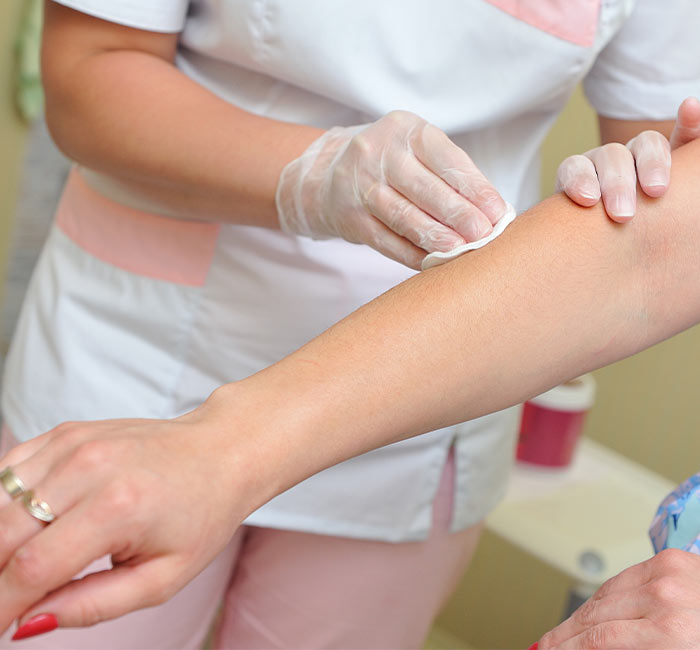
Why Choose Us For Fungal Infection Treatment in Vile Parle?
At Auro Skin Clinic, we bring together expertise, experience, and compassion to provide our patients with the care they need. Our dermatologists provide personalised treatment based on your skin condition and type.
For those seeking treatment for fungal infections in Vile Parle, Mumbai, our clinic is relied upon by thousands for effective, safe, and evidence-based care. We do not believe in a one-size-fits-all approach—instead, we make time to hear you out, evaluate, and treat you with an individualised strategy that delivers tangible results.
When it comes to stubborn skin problems, you require more than a quick fix; you require care that is effective and long-lasting. Book an appointment with us now and experience a fungal-free skin.
FAQs For Fungal Infection Treatment in Mumbai
1. What is the most effective antifungal treatment?
The most effective antifungal treatment depends on the type and severity of the infection. Topical creams work well for mild cases, while oral antifungal medications are recommended for deeper or widespread infections. Our dermatologists will suggest the best treatment based on your specific condition.
2. Can fungus go away without treatment?
Fungal infections rarely go away on their own. They can worsen or spread to other parts of the body without proper treatment. Seeking medical care ensures faster healing and prevents recurrence.
3. How long does antifungal treatment take to work?
Most patients start noticing relief within a few days of treatment, but full recovery may take 2 to 6 weeks. Completing the entire course of medication is essential to prevent the recurrence of the infection.
4. Can a fungal infection go away without treatment?
While symptoms might reduce temporarily, the infection is likely to return if not treated properly. It’s always recommended to consult a dermatologist for effective and lasting treatment.
Get Support

